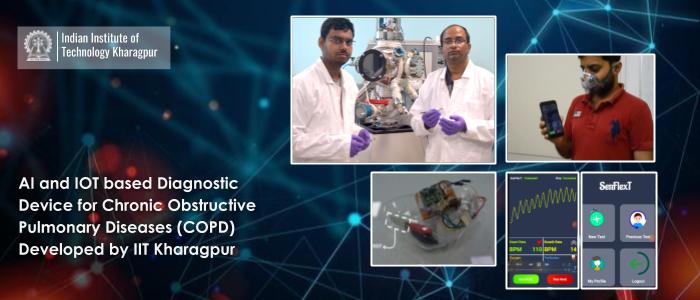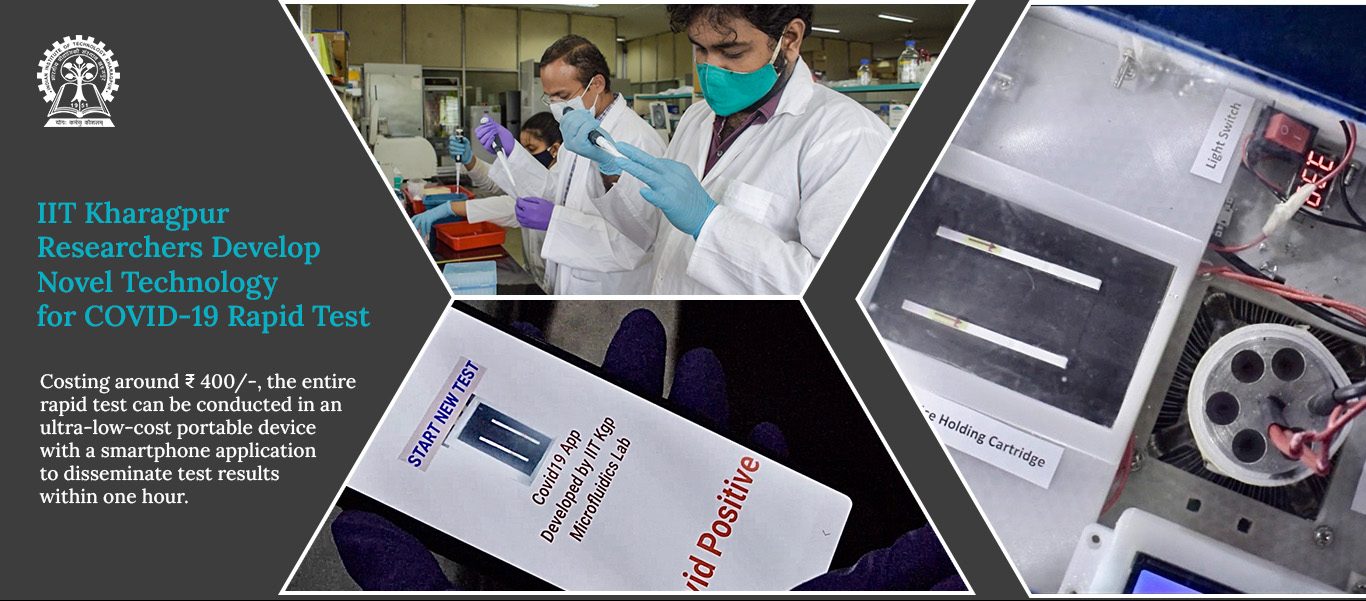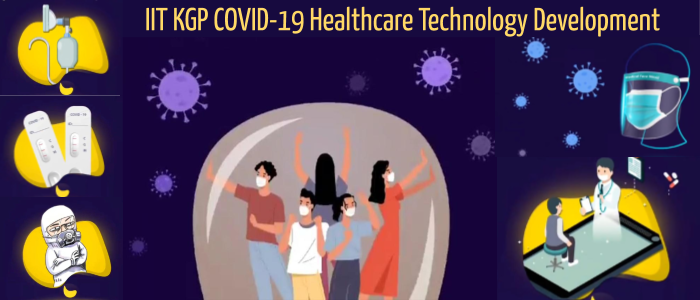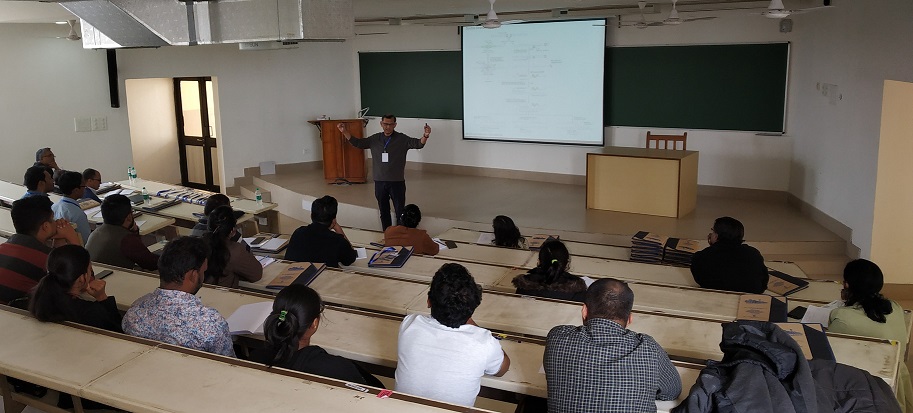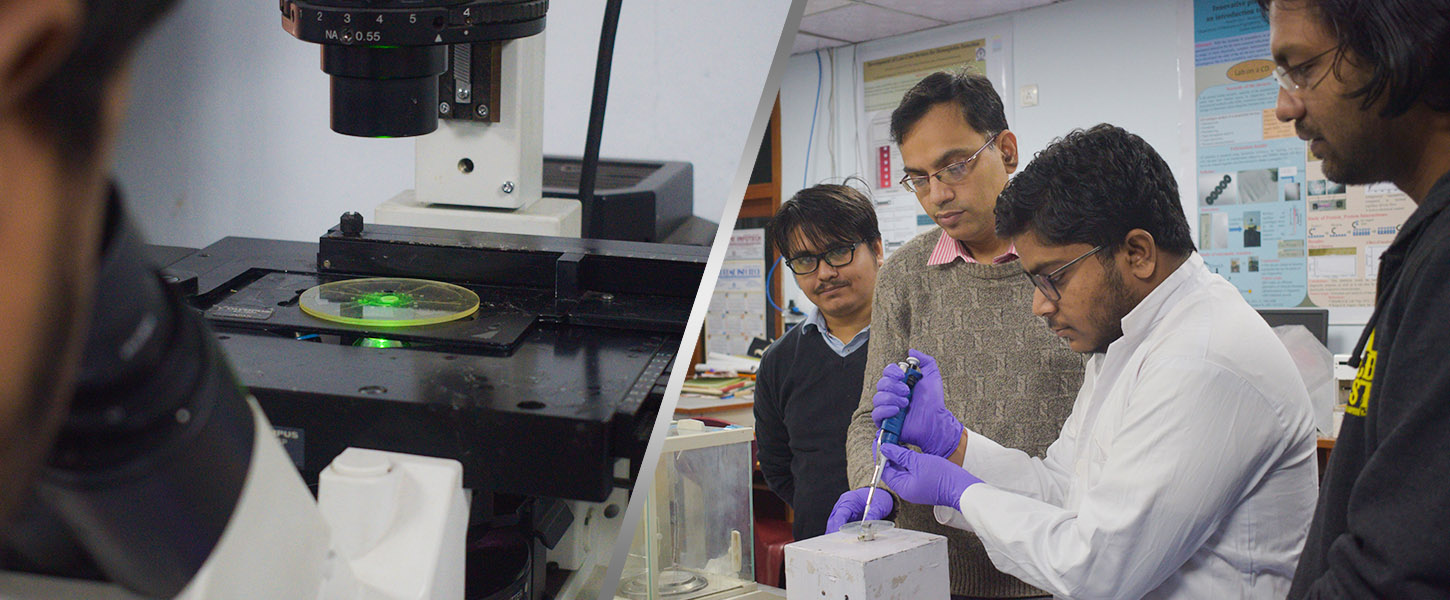
Global Launch of COVIRAP – Nucleic acid-based Point-of-Care Diagnostic Device for COVID-19 and beyond
Highlights A generic step-wise isothermal nucleic acid-based testing technology for the rapid diagnostics of pathogenic infections including but not limited to SARS-CoV-2 in individuals. Nasal Swab/ Saliva to result from integration in about 45 minutes in a highly affordable pre-programmable portable device developed by the team, without requiring any separate facility for RNA extraction. Kit supplemented with a free smartphone app to facilitate unambiguous results interpretation and automated dissemination to the patients. The test may be performed by unskilled personnel outside the controlled lab with no intermediate manual intervention between sample loading and result dissemination. Patents filed in the India, USA,…

